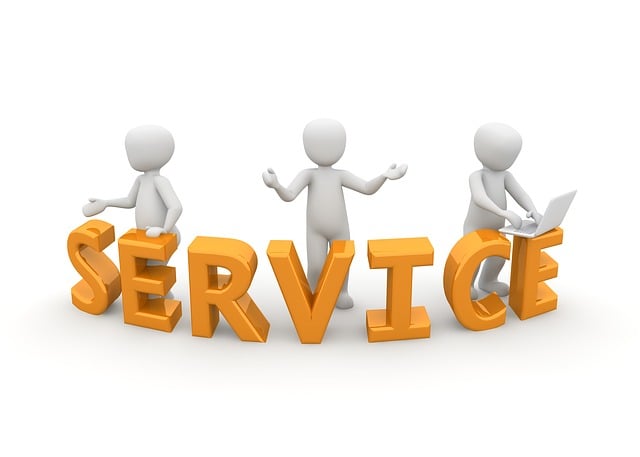Local plumbing inspections by reputable services are vital for maintaining safe, healthy living spaces. These checks detect leaks, corrosion, blockages, and damage early, preventing costly repairs and health hazards. Licensed plumbers ensure homes meet safety standards, identifying issues in pipes, fittings, fixtures, and appliances. Regular inspections catch problems like minor leaks to major structural ones, saving money and enhancing plumbing longevity. Routine maintenance optimizes performance, reduces energy use, and promotes healthier environments. A comprehensive assessment includes visible areas and hard-to-reach spots, with a detailed report outlining findings and recommended actions. Choosing the right plumber involves seeking recommendations, online research, evaluating experience, certifications, licensing, insurance, and specialized skills for reliable plumbing system maintenance.
Local plumbing inspections are crucial for maintaining safe and efficient water systems. These routine checks, often mandated by municipalities, ensure that homes and businesses adhere to essential plumbing codes. This article delves into the significance of such inspections, highlighting the roles of licensed plumbers and the common issues they address. We explore the benefits of regular maintenance, what to expect during visits, and expert tips for choosing reputable local plumbing services.
Understanding Local Plumbing Inspections: Why They Matter
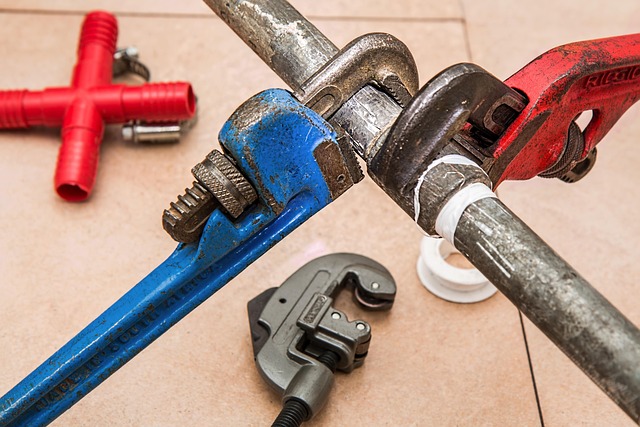
Local plumbing inspections are a vital aspect of maintaining safe and healthy living environments. These inspections ensure that your home or property’s plumbing system adheres to local health and safety standards, which can prevent costly repairs and potential health hazards. When you engage with reputable local plumbing services, they often include these comprehensive checks as part of their routine maintenance packages.
During an inspection, professionals will assess the condition of pipes, fixtures, water heaters, drains, and other components. They look for leaks, corrosion, blockages, and any signs of damage or wear and tear. Regular inspections can catch potential issues early, saving you from major plumbing disasters. Plus, they provide peace of mind, knowing your home’s plumbing is in good working order.
The Role of Licensed Plumbers in Inspection Processes
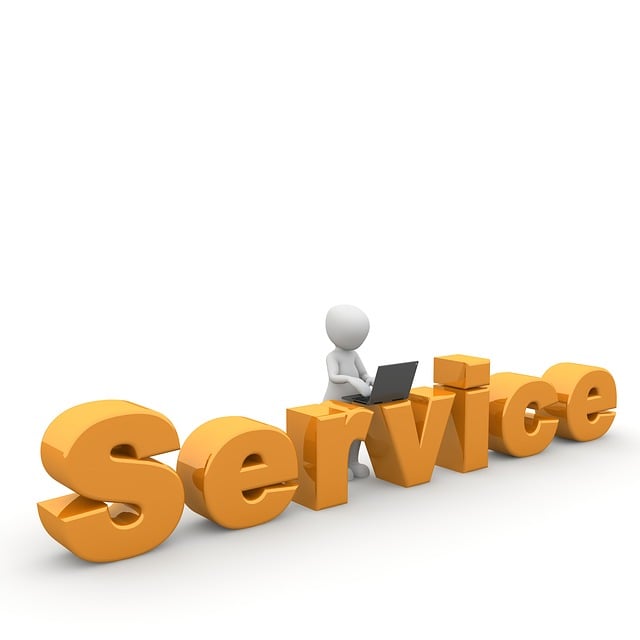
Licensed plumbers play a pivotal role in local plumbing inspection processes, bringing a wealth of knowledge and expertise to ensure homes and buildings meet safety standards. These professionals are equipped with the necessary skills and tools to thoroughly assess plumbing systems, identifying any potential issues or violations. During inspections, they meticulously examine pipes, fittings, fixtures, and appliances, checking for proper installation, functionality, and compliance with local codes.
Their involvement is crucial in preventing plumbing-related disasters and promoting the overall quality of local plumbing services. By conducting rigorous inspections, licensed plumbers help maintain a safe living environment, protect against water waste, and ensure efficient water distribution within communities. Their insights enable property owners and managers to take necessary actions for repairs or upgrades, thereby enhancing the longevity and safety of plumbing systems.
Common Issues Discovered During Routine Checks
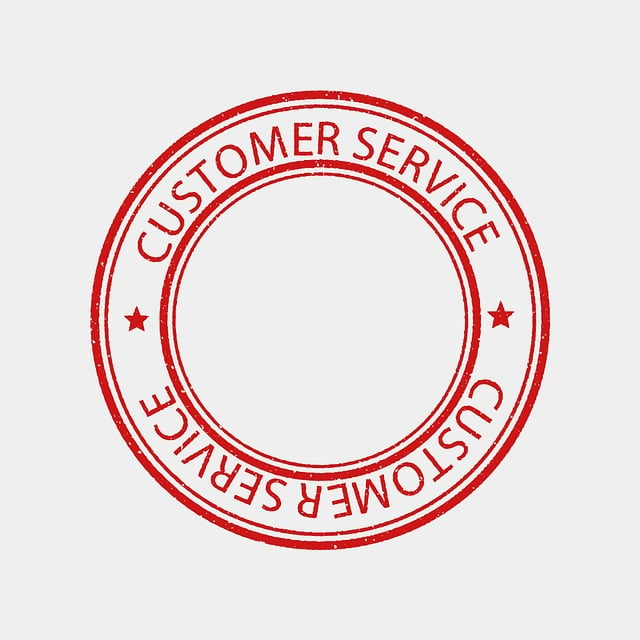
During routine local plumbing inspections, several common issues are often discovered across various properties. These problems can range from minor leaks and clogged drains to more significant structural concerns like rusted pipes or outdated fixtures. The benefits of regular checks by professional local plumbing services are evident as they help prevent these issues from escalating. For instance, early detection of a small leak can save homeowners from substantial water damage and the high costs associated with repairs.
Moreover, routine inspections ensure that essential components like water heaters, faucets, and toilets are functioning optimally. Plumbers may also identify potential safety hazards such as faulty gas lines or inadequate pressure regulation, which could pose significant risks to occupants if left unaddressed. Regular maintenance through local plumbing services not only extends the lifespan of plumbing systems but also promotes their efficient operation, ultimately providing peace of mind for property owners.
Benefits of Regular Plumbing Maintenance for Homes and Businesses

Regular plumbing maintenance is a crucial aspect of property upkeep, whether for homes or businesses. Investing in local plumbing services offers numerous advantages that extend beyond simply preventing leaks and clogs. By scheduling routine inspections and servicing, property owners can ensure their plumbing systems operate at peak efficiency, reducing energy consumption and lowering utility bills.
Well-maintained plumbing also contributes to a healthier environment inside buildings. It minimizes the risk of harmful bacteria and waterborne diseases by eliminating potential sources of contamination. Moreover, regular maintenance can help extend the lifespan of plumbing fixtures and pipes, delaying costly repairs or replacements. For businesses, efficient plumbing systems are essential for maintaining operational continuity and enhancing customer satisfaction.
What to Expect During a Local Plumbing Service Visit
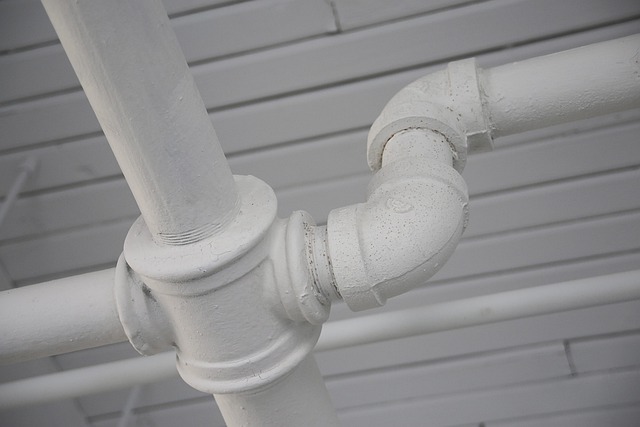
When you schedule a visit from local plumbing services, you can expect a thorough and professional assessment of your plumbing system. The plumbers will begin by inspecting visible pipes, fixtures, and appliances to identify any signs of damage, corrosion, or leaks. They’ll check for proper drainage and water pressure, as well as evaluate the condition of your water heater and other essential components. During the inspection, they may use specialized tools, such as cameras, to examine hard-to-reach areas, ensuring no potential issues are overlooked.
The experts will also review your plumbing system’s compliance with local codes and regulations, looking for any necessary upgrades or repairs. They’ll provide you with a detailed report outlining their findings, recommended actions, and estimated costs. This transparent process allows property owners to understand the current state of their plumbing and make informed decisions about future maintenance or renovations, ensuring a reliable and efficient system.
Choosing the Right Plumber: Tips for Effective Selection
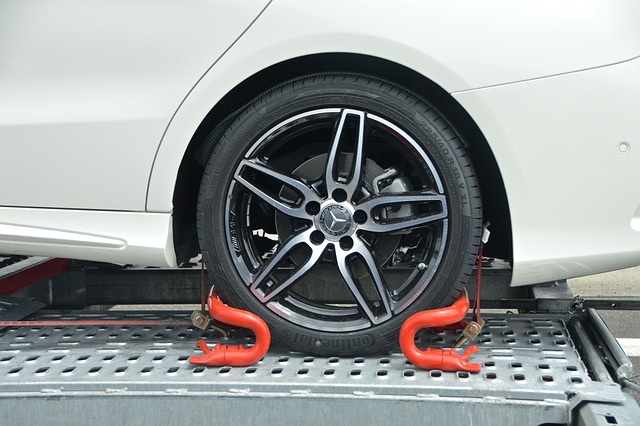
Choosing the right plumber is crucial when it comes to ensuring your home’s plumbing system is in capable hands. Start by asking for recommendations from friends or neighbours who have recently had plumbing work done. Local plumbing services often build a reputation over time, so word-of-mouth reviews can be invaluable. Check online platforms and social media pages to gather insights on potential plumbers’ quality of work and customer service.
When evaluating candidates, consider their experience and certifications. Look for plumbers who are licensed and insured, as this guarantees they adhere to industry standards and protects you from potential liability. Additionally, inquire about their specialized skills relevant to your needs, whether it’s water heater repairs, drain cleaning, or complex remodelling. A good plumber should be able to provide references and examples of their past projects to give you a clear idea of their capabilities.
